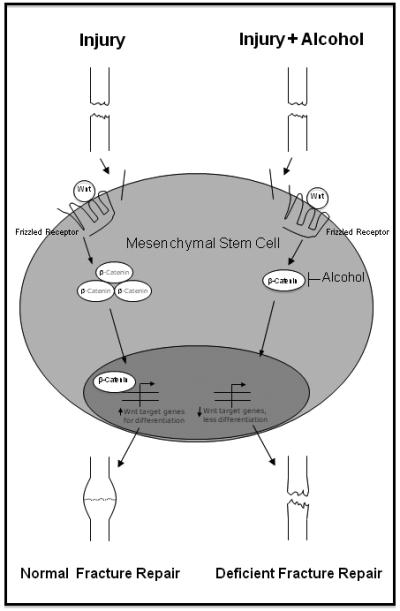Figure 1. Alcohol targets Wnt signaling during bone fracture repair.

Bone fracture triggers the mobilization of mesenchymal stem cells from local and distant compartments to the site of injury, where they undergo differentiation into osteoblasts and chondrocytes under the control of canonical Wnt signaling. Wnt proteins bind to surface Frizzled receptors, leading to stabilization and translocation of cytosolic β-catenin to the nucleus. Nuclear β-catenin activates transcription of Wnt-related genes necessary for bone and cartilage formation, and its expression is tightly regulated throughout the repair process. Binge alcohol exposure prior to injury decreases protein levels of β-catenin and disrupts its precise pattern of expression, decreases downstream Wnt target gene expression, and ultimately causes decreased formation of osteoblasts and chondrocytes within the fracture callus. These effects lead to alcohol-induced deficient bone repair and fracture nonunion.
